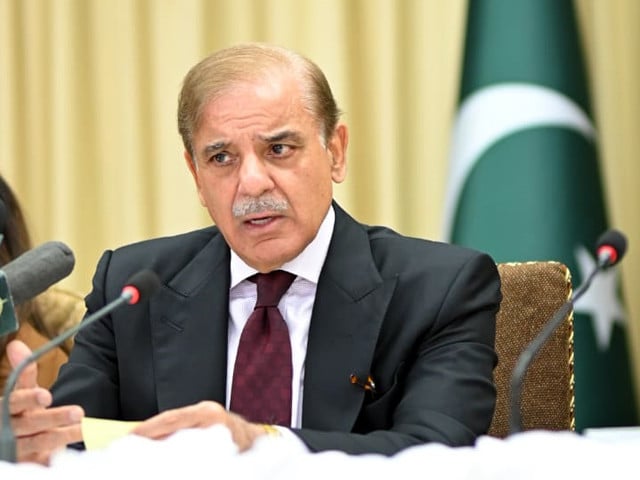Prime Minister Shehbaz Sharif has urged the United States to help defuse rising tensions in South Asia following the Pahalgam incident, reiterating Pakistan’s call for a transparent international investigation and rejecting what he termed as India’s “provocative and baseless” accusations.
In a statement issued by the Prime Minister’s Office, Sharif extended best wishes to U.S. President Donald Trump and underlined Islamabad’s commitment to strengthening its longstanding partnership with Washington. He expressed Pakistan’s readiness to work closely with the U.S. across all areas of mutual interest, especially in counter-terrorism and economic cooperation.
The outreach comes amid heightened tensions after the deadly incident in Pahalgam, which India has attempted to link to Pakistan—a claim firmly rejected by Islamabad. “Nothing to do with it, period,” said Foreign Minister Ishaq Dar, demanding a jointly developed set of Terms of Reference (TORs) for an impartial probe.
During the call, Sharif strongly condemned terrorism in all forms and highlighted Pakistan’s role in the global fight against it. He cited a human toll of over 90,000 lives lost and economic damage surpassing $152 billion over the past two decades.
He criticized India’s recent actions, calling them “escalatory and provocative,” and warned that such behavior could jeopardize Pakistan’s ongoing counter-terrorism operations against groups like the Islamic State Khorasan Province (ISKP), Tehrik-i-Taliban Pakistan (TTP), and the Balochistan Liberation Army (BLA)—all of which, he noted, were operating from across the Afghan border.
Separately, Pakistan’s military spokesperson, the Director General of Inter-Services Public Relations (DG ISPR), accused the Indian Army of an “institutional role” in orchestrating terrorist activity inside Pakistan, including attacks “from Balochistan to Lahore.”
Sharif categorically rejected Indian efforts to implicate Pakistan in the Pahalgam incident and urged the United States to encourage restraint from New Delhi. He called on Washington to help prevent further escalation and promote dialogue.
He also raised serious concern over India’s reported attempt to “weaponise water” by allegedly violating the Indus Waters Treaty. Sharif warned that such unilateral moves posed a direct threat to the lives of 240 million Pakistanis and violated the treaty’s principles.
On Kashmir, the prime minister reiterated Pakistan’s longstanding position that a peaceful resolution to the dispute is critical for lasting regional stability.
Looking to shared interests, Sharif said Pakistan and the U.S. had enjoyed seven decades of partnership, and he proposed deeper cooperation in economic sectors—especially minerals. He also briefed Secretary of State Marco Rubio on recent reforms introduced by his government, which he claimed had placed Pakistan on a path toward recovery and stability.
Secretary Rubio welcomed the exchange and stressed the importance of continued U.S.-Pakistan engagement to promote regional peace and security.




